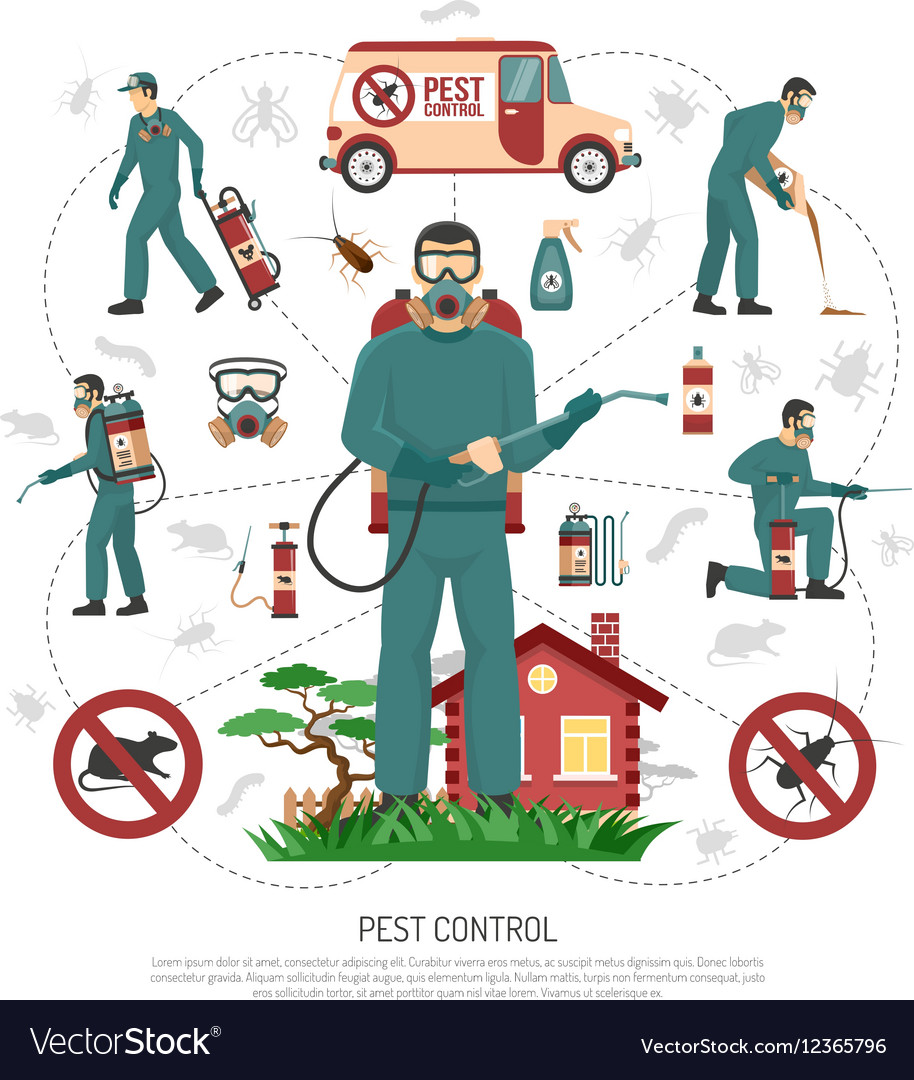Prepare Yourself To Transform Your Yard Right Into A Pest-Free Sanctuary Using These Creative Pointers And Methods
Prepare Yourself To Transform Your Yard Right Into A Pest-Free Sanctuary Using These Creative Pointers And Methods
Blog Article
Web Content Develop By-Lambertsen Pittman
Picture your yard as a sanctuary, a place of serenity and appeal. Nevertheless, the existence of outdoor insects can swiftly interrupt this picturesque image. What if there were simple yet efficient ways to maintain these unwanted visitors at bay and shield your garden sanctuary? By complying with a couple of sensible ideas and carrying out all-natural techniques, you can develop a harmonious exterior area where your plants can flourish uninterrupted.
Natural Insect Deterrents
To maintain insects far from your yard naturally, plant fragrant natural herbs like mint and lavender. These aromatic plants not only include elegance to your yard yet also serve as efficient parasite deterrents. Pests like insects, flies, and even some garden-damaging insects are repelled by the solid scents emitted by these natural herbs. Simply placing them purposefully around your yard can help develop an all-natural obstacle against unwanted parasites.
Along with mint and lavender, think about growing other natural herbs like rosemary, basil, and lemongrass to better improve your garden's pest-proofing abilities. These herbs not only act as all-natural repellents but also have the added benefit of being useful in cooking or crafting self-made remedies.
Strategic Plant Positioning
Think about the layout of your garden and the sorts of plants you need to purposefully position them for maximum pest-proofing performance.
Beginning by organizing plants with similar resistance to insects together. By doing this, you can produce an all-natural obstacle that deters pests from spreading out throughout your yard.
In addition, putting pest-repelling plants like marigolds, lavender, or mint near more vulnerable plants can assist secure them. Tall plants, such as sunflowers or corn, can work as a shield for much shorter plants against parasites like rabbits or ground-dwelling insects.
Remember to leave your input here between plants to boost air circulation and lower the threat of diseases that pests might lug.
In addition, think about growing strong-smelling natural herbs like rosemary or basil near at risk plants to puzzle insects' detects and make it harder for them to locate their targets.
Effective Insect Control Approaches
For combating yard parasites successfully, implementing a multi-faceted bug control technique is necessary. Begin by motivating all-natural predators like birds, ladybugs, and hoping mantises to help keep insect populaces in check. Introducing plants that draw in these valuable insects can assist in insect control. In addition, practicing excellent yard health by getting rid of debris and weeds where pests may conceal can make your garden less friendly to unwanted visitors.
Consider using pest control company for sale as row cover materials or netting to secure prone plants from bugs like caterpillars and birds. Using https://trentonokeys.blog4youth.com/32578368/checking-out-the-trick-wellness-dangers-provided-by-typical-household-vermin-from-cockroaches-to-rodents like neem oil or insecticidal soap can additionally be effective against particular parasites while being less damaging to helpful insects and the atmosphere. It's critical to turn your plants each season to avoid the buildup of insect populations that target specific plants.
On a regular basis evaluate your plants for indications of parasite damage so you can do something about it promptly. By incorporating these approaches and staying attentive, you can efficiently manage yard bugs and take pleasure in a growing, pest-free yard.
Final thought
So, there you have it - with the right strategies, you can maintain pesky outside parasites far from your garden and help your plants grow.
Did you understand that growing mint has been revealed to push back insects and other pests, decreasing the requirement for hazardous chemicals by approximately 60%?
By incorporating all-natural deterrents and wise planting methods, you can create an attractive and pest-resistant yard sanctuary for you to delight in.
